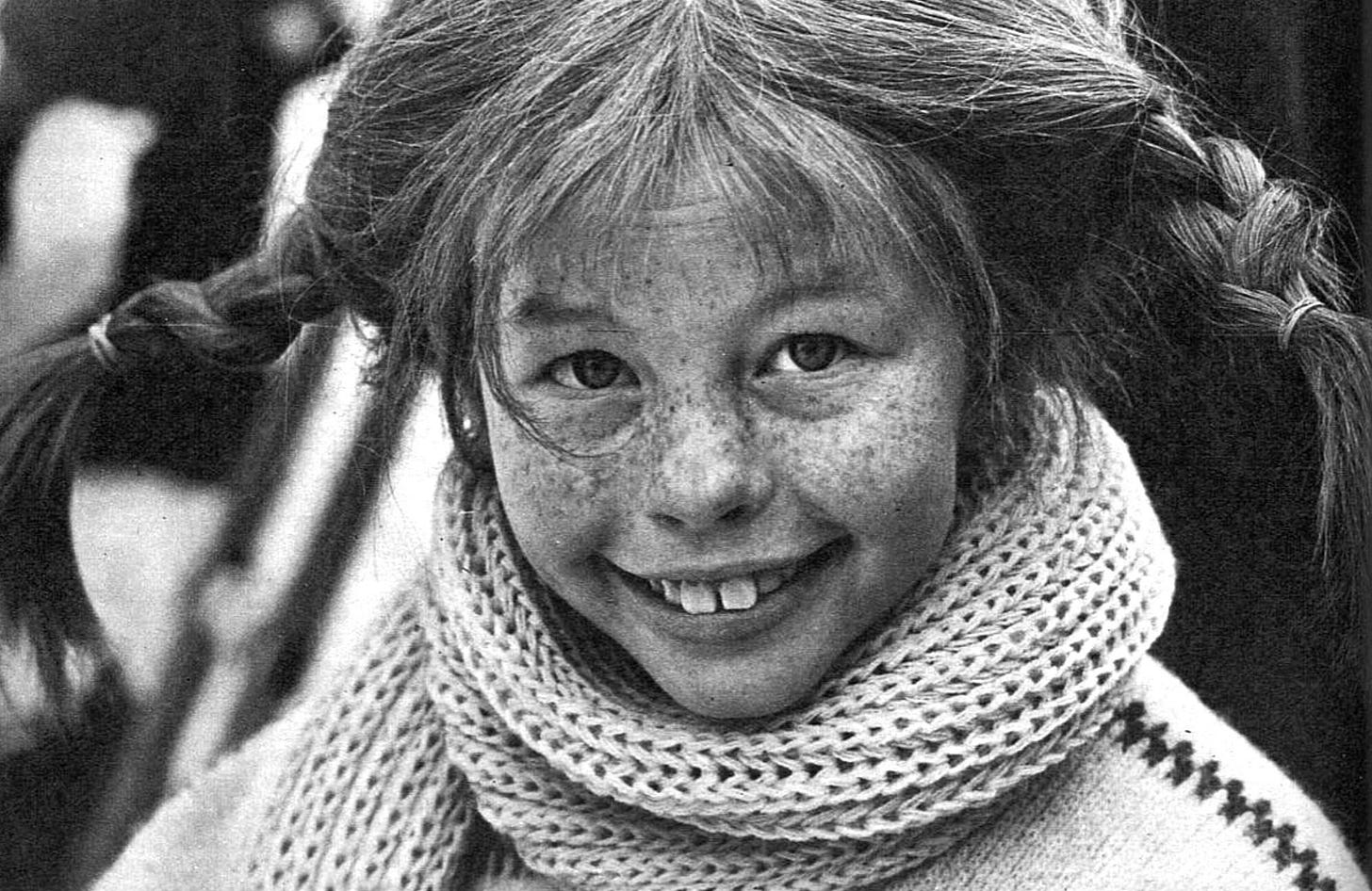Swedish Activist Arrested by Dutch Police
You’ve probably seen the headlines that Swedish “climate activist” Greta Thunberg had been arrested in The Hague while participating in a demonstration with about 100 others. The rally was organized by the eco group XR (Extinction Rebellion), which is opposed to any support for fossil fuels.
The group was protesting the up-coming June vote in the Dutch parliament that will extend the country’s attempt to decrease the use of fossil fuels by a full 50%, pushing the effort back from 2030 to 2035.
“Autism makes me different and being different is a gift. It makes me see things from outside the box,” Thunberg told one interviewer after she spoke to UK parliamentarians. She bluntly told the assembled lawmakers that “unless CO2 emissions are reduced by at least 50% by 2030, we will be in a position where we set off an irreversible chain reaction beyond human control that will most likely lead to the end of our civilization as we know it.”
After reading in The Daily Telegraph this past week about teenage gangs (mostly immigrants) terrorizing the Swedish public, maybe it would be better for Greta to put her naive, green energy into saving the youth of her country.
I should remind you that the now 21-year-old is the Swedish sixteen-year-old who frightened children with a prophesy that planet Earth would soon die if they didn’t stand up to the world’s adults, especially those “who have lied about climate change” (i.e., parents, grandparents, and anyone who eats meat and prefers to drive vehicles powered by internal combustion engines instead of electricity).
“I don’t easily fall for lies. I can see through them,” said the teen, who went into a deep depression when she was eleven, refused to go to school, and stopped speaking to everyone but her family and one teacher. It was then that Thunberg was diagnosed with OCD (Obsessive Compulsive Disorder), a form of autism, and selective mutism.
When, in August 2019, the left’s new poster child took a trans-Atlantic zero-carbon sixty-foot yacht – arranged and backed by wealthy politicians, scientists, and celebrity activists – to speak before the U.N. climate action summit, Oliver Harvey, a columnist for The Sun (a British conservative-populist tabloid), wrote that “Gretamania” was about to arrive on U.S. shores.
Arrive she did, after contending with basic rations and a chamber pot for the two-week ordeal. She gave her threatening “How Dare You!” admonition to the UN in New York on September 24.
After watching the nervous, red-faced teen give her weepy warning to the world, I was frightened. I thought of the teenage “Red Guards” of Maoist China naming parents and neighbors as “enemies of the state.” Do sensible adults have to prepare for an imminent wave of “Green Guards?” Have we come so far that a teenager from a country that rejected socialism decades ago can manage to scare millions of children into skipping class on a Friday to carry her mis-informed message?
Bed-Time Stories
Which brings us to my Swedish mother reading “Pippi Longstocking” to me before going to bed at night. I was enthralled by the playful red-headed, pigtailed, unconventional, and super-humanly strong, nine-year-old, who didn’t play by the rules and made fun of unreasonable, pompous, and condescending adults. To me, Pippi was an adorable rebel, who challenged everything, but with a good heart.
I don’t remember having nightmares about Pippi’s outrageous escapades. I was fascinated by them.
The famous children’s book by Astrid Lindgren was first published in 1945, and only in Swedish. I was born in 1943 and one of my earliest memories is of my mother’s animated face as she read in a language I barely understood, turning the delightfully illustrated pages. Once, in the 1970s, I put my hair in pigtails and dressed in red-striped, knee-length stockings for a Swedish costume party in Switzerland. We had many Swedish friends who had fled abhorrent Swedish taxation.
“Pippi Longstocking” has long since been translated into dozens of languages. It is high on the list of the best one-hundred children’s books of all times, although not without controversy. Lund University professor John Lindquist, for example, wrote a critique in 1946, entitled “Bad and Prize-winning.” His conclusion was that the book was “badly done and harmful to children,” and that Pippi “was mentally disturbed.”
Jen Anderson, biographer of Lindgren, wrote that “the misanthropic, emotionally stunted age of the Second World War” – during which Lindgren developed the character of Pippi – had influenced the author to create a “cheerful pacifist, whose answer to brutality and the evil of war, was goodness, generosity and good humor.”
Rabén and Sjörgen, the book’s publishers, advised Lindgren to revise some of the book’s more graphic descriptions, such as a full chamber pot being used as a fire extinguisher.
I wonder what my mother would ask the young Ms. Thunberg?
Probably: “Vill du ha en spanking?” Swedish for: “Do you want a spanking?”




When she first appeared on the scene, I was amazed at the attention she achieved across the world so quickly. Who in their right minds, I thought, would pay attention to her hysterical outbursts?
But, when she began to get worldwide attention so quickly, I realised that there had to be big money behind her. My first guess was All Gore and his associates. Gore was promoting the same messages, Greta Thunberg provided him with a voice to stimulate teenagers across the world and to get her before the the United Nations.
At that point, I too recognized the pattern of Chinese youth berating and accusing adults, even their own parents, of betraying Mao's revolution.
You certainly set off an interesting discussion with your tale of Pippi Longstocking. Thanks for rattling our brains!